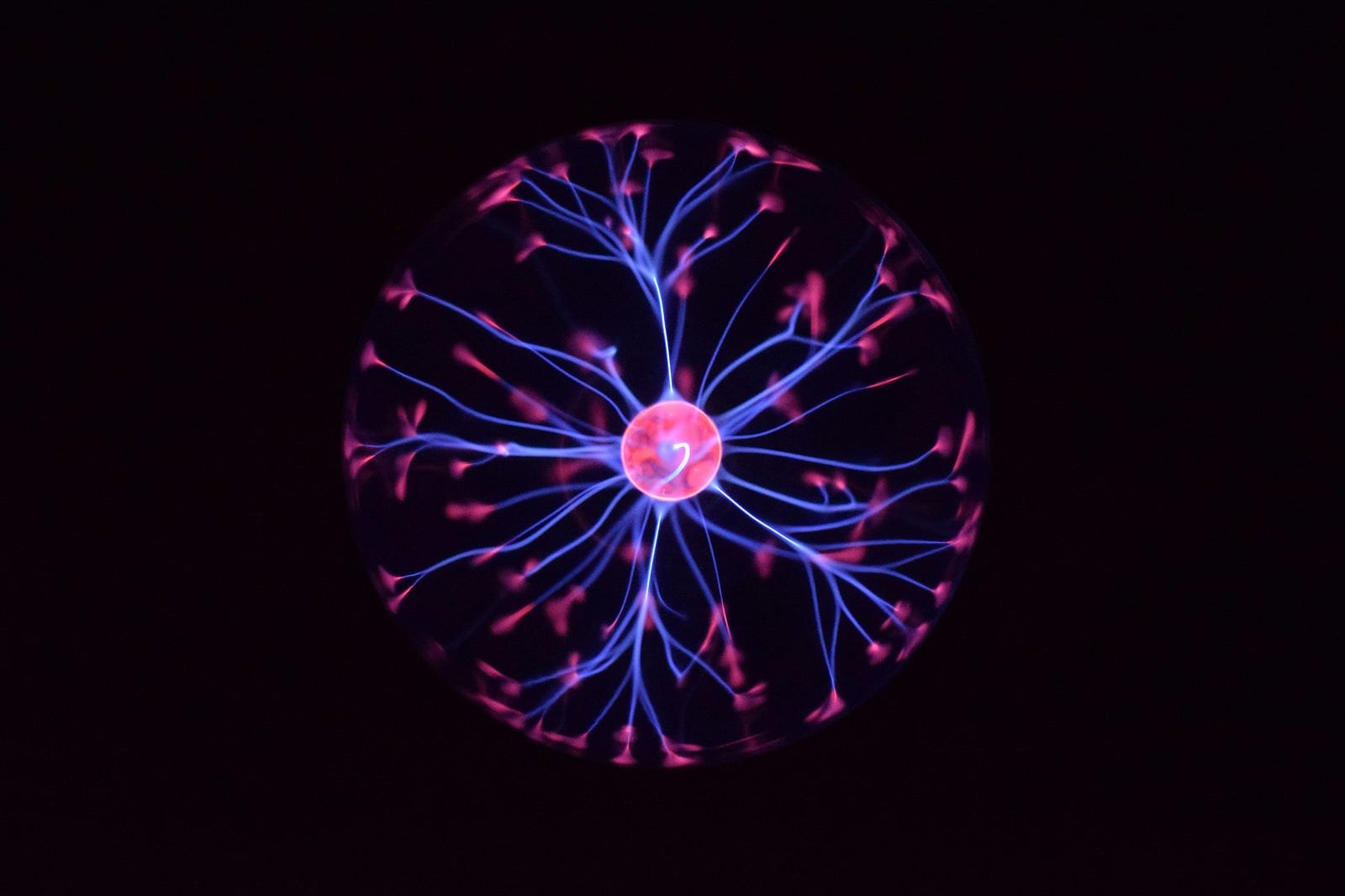Memory is one of the most fascinating and essential functions of the human brain. It allows us to store and recall information, enabling us to learn, adapt, and connect with the world around us. But have you ever wondered how memory works? What processes occur in our brains to capture, retain, and retrieve information?
In this article, we’ll explore the science behind memory formation, breaking down the mechanisms and types of memory, and offering insights into how you can enhance your memory. By understanding how memory works, you can unlock your brain’s potential and take steps to improve cognitive performance.
What is Memory?
At its core, memory is the brain’s ability to encode, store, and retrieve information. It’s a dynamic process involving different brain regions and neural networks. Memory is not a single function but a complex interplay of processes that work together to form what we perceive as memories.
The process of memory formation can be divided into three main stages:
- Encoding: This is the process of receiving and processing information. It involves attention, perception, and association, which make the information meaningful.
- Storage: Once encoded, information is stored in the brain for short-term or long-term use.
- Retrieval: Retrieval is the ability to access stored information when needed, whether it’s recalling a fact, a past event, or a learned skill.

The Types of Memory
1. Sensory Memory
Sensory memory is the briefest form of memory. It holds information from the environment for a few seconds, just long enough for the brain to decide if it’s worth further processing.
Example:
- The fleeting image of a billboard you see while driving.
Sensory memory includes visual (iconic), auditory (echoic), and tactile (haptic) components.
2. Short-Term Memory (STM)
Short-term memory, often referred to as working memory, holds information for about 20–30 seconds. It’s where you actively manipulate and process information.
Example:
- Remembering a phone number long enough to dial it.
STM has limited capacity, typically holding 5–9 items, as suggested by psychologist George Miller’s “magic number” theory.
3. Long-Term Memory (LTM)
Long-term memory stores information for extended periods, ranging from hours to a lifetime. It is divided into two main categories:
- Explicit Memory: Conscious memories, including facts (semantic memory) and experiences (episodic memory).
- Implicit Memory: Unconscious memories, such as procedural memory for skills (e.g., riding a bike).
Fun Fact:
- Unlike a computer’s hard drive, the brain’s storage capacity is virtually limitless.
How Memory Formation Happens: The Neuroscience
Memory formation involves the interaction of several brain regions and neurotransmitters. Here’s a breakdown of the science behind it:
1. The Role of the Hippocampus
The hippocampus, located in the brain’s temporal lobe, is critical for forming and consolidating memories. It acts as a hub, integrating information from different sensory inputs to create cohesive memories.
Example:
- Damage to the hippocampus can result in anterograde amnesia, where a person cannot form new memories.
2. Neural Plasticity and Synapses
Memory formation is driven by a process called synaptic plasticity, where the connections between neurons (synapses) strengthen or weaken over time.
- Long-Term Potentiation (LTP): A key mechanism of memory, LTP strengthens synaptic connections, making it easier for neurons to communicate.
Takeaway:
- Every time you learn something new, your brain is literally rewiring itself.
3. Neurotransmitters and Hormones
Certain chemicals in the brain play a crucial role in memory formation:
- Glutamate: Essential for LTP and synaptic plasticity.
- Acetylcholine: Involved in attention and encoding new memories.
- Cortisol and Stress Hormones: Chronic stress can impair memory, while moderate stress can enhance it.
4. Sleep and Memory Consolidation
During sleep, particularly in the REM and deep sleep stages, the brain consolidates and organizes memories. This is why a good night’s sleep is vital for learning and memory retention.
Factors Affecting Memory
Memory isn’t infallible. Several factors influence its formation and retrieval:
- Attention: Distractions can disrupt encoding.
- Repetition: Repeated exposure strengthens memories.
- Emotion: Emotional experiences are more likely to be remembered due to the amygdala’s involvement.
- Health: A healthy diet, exercise, and mental stimulation enhance memory, while poor health and aging can impair it.
Tips to Improve Your Memory
Want to supercharge your memory? Here are science-backed strategies:
1. Practice Active Recall
Actively testing yourself on information strengthens retrieval pathways, making it easier to remember in the future.
Example:
- Use flashcards or quizzes to reinforce learning.
2. Leverage Spaced Repetition
Spaced repetition involves revisiting information at increasing intervals. It’s one of the most effective ways to transfer knowledge into long-term memory.
3. Stay Physically Active
Regular exercise boosts blood flow to the brain, promoting neurogenesis (the growth of new neurons).
4. Prioritize Sleep
Quality sleep ensures that memories are consolidated effectively. Aim for 7–9 hours of sleep per night.
5. Eat Brain-Boosting Foods
Include foods rich in omega-3 fatty acids, antioxidants, and vitamins in your diet to support brain health.
The Future of Memory Research
The field of memory research is evolving rapidly, thanks to advances in neuroscience and technology. Exciting developments include:
- Brain-Computer Interfaces (BCIs): Devices that could enhance memory by directly interfacing with the brain.
- AI and Machine Learning: Algorithms are being used to map brain activity, revealing new insights into memory formation.
- Treatments for Memory Disorders: Research into conditions like Alzheimer’s is uncovering potential therapies to preserve memory.
Understanding the science behind memory formation is more than an intellectual curiosity — it’s a gateway to improving your daily life. By knowing how memories are created, stored, and retrieved, you can take proactive steps to enhance your cognitive abilities and maintain brain health.
Whether you’re a student, a professional, or simply someone eager to sharpen your mental skills, embracing memory-friendly habits can yield long-term benefits. From practicing recall to getting quality sleep, the power to boost your memory is in your hands.
Dive deeper into the fascinating world of neuroscience, and who knows? You might just unlock the secrets to a sharper, more efficient mind.














